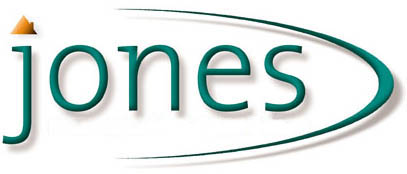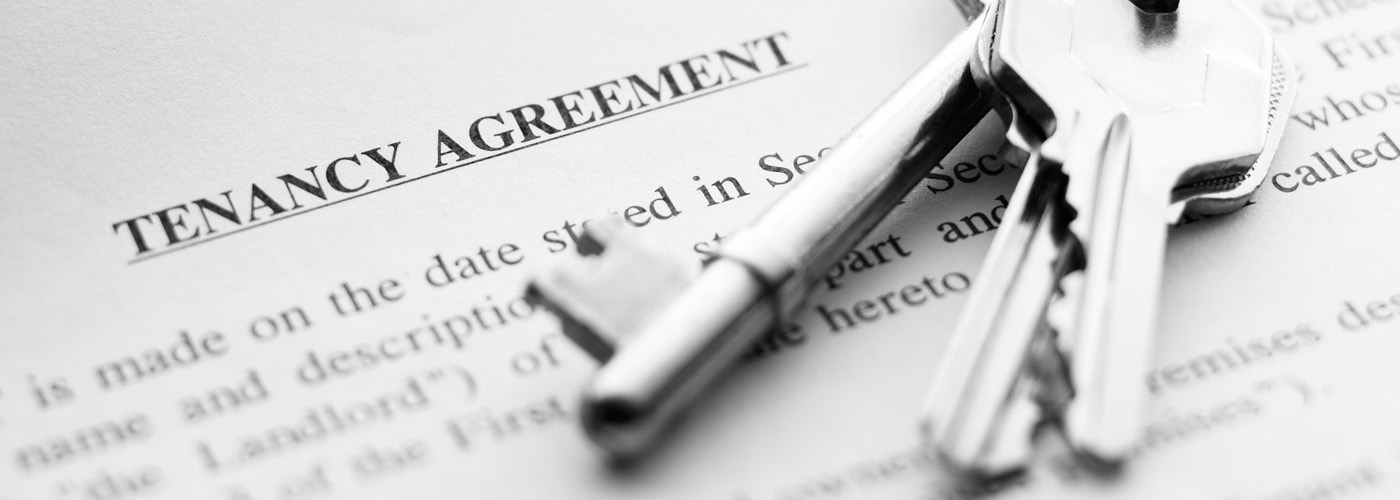


Ideally, you would sell your property and then purchase your next property simultaneously. Unfortunately, this is not always the case. You may have not found a buyer, a sale has fallen through, an exciting property has just come to the market, or you simply do not wish to sell the property you currently own.
One alternative is to let your existing property and use the rental income from this to fund/partly fund the mortgage for your new property.
If you have enough equity in your current home, you can possibly remortgage and release some cash to use towards a deposit on your new home. You then let out your current home and use the rental income to cover the mortgage on your existing home. This then allows you to get a mortgage for a new home, assuming you can cover the repayments with your salary and other sources of income.

With Let to Buy you will be able to release equity from your property by borrowing at a higher Loan to Value(LTV). For example, if your home is worth £200,000 and your mortgage is currently £130,000 you may be able to borrow £150,000 and use thw extra £20,000 towards a deposit on the new property.
You will also take out a new residential mortgage to fund the purchase of your next property.
■ offer a maximum LTV of around 75% (so you’ll need to have a decent amount of equity in the house)
■ have a maximum age at application of 70 (many are lower than this)
■ want to see evidence of an onward purchase
■ Furthermore, your current property cannot be listed for sale or be sold subject to contract.
The best way to find out how much rent a property is likely to achieve is to speak to our Letting Agency department, simply call us on 01642 885511. We can give you advice on what you need to do before letting to ensure you are compliant with current regulations.
If you have a residential mortgage, you are not able to rent out the property without the lender’s permission. While the obvious option is to remortgage to a buy to let mortgage, it is also possible to keep your residential mortgage but receive consent to let from your lender.
However, lenders do not have to agree to give consent to let and may impose a higher rate or fee.

Speak to our mortgage broker with regards to this type of mortgage application by calling our mortgage department on 01642 885500 or click here to request a call back.